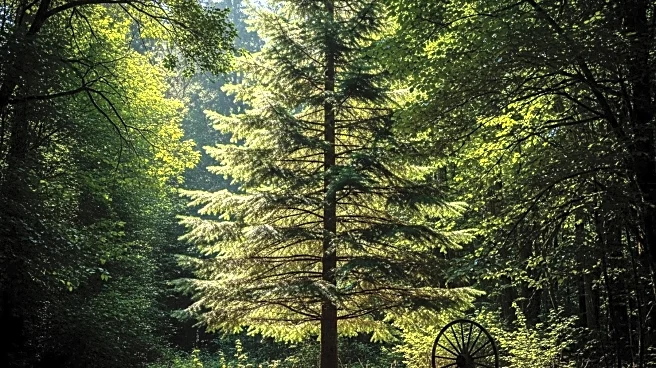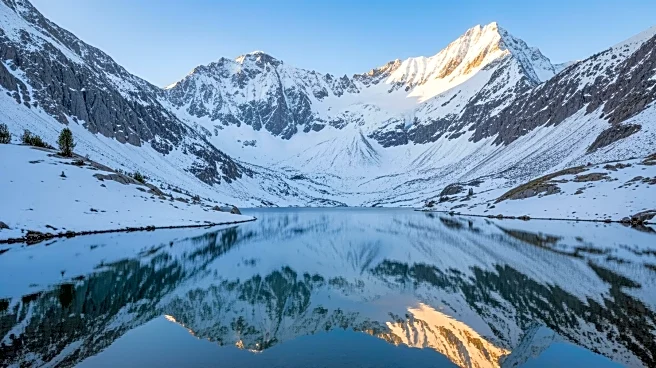Oregon's journey from a territory to a state is marked by significant historical milestones that have shaped its legacy. Known as the "Beaver State," Oregon's rich history and cultural heritage continue to influence its identity today. The state's transformation from the Oregon Territory to its admission as the 33rd state in 1859 is a testament to its enduring legacy.
Scope of Legacy
Oregon's legacy is deeply rooted in its geographical and historical significance. The state's boundaries, defined by the Columbia River to the north and the Pacific Ocean to the west, have played a crucial role in its development. The Oregon Trail, a pivotal route for settlers in the 19th century, is a key component of the state's historical legacy, symbolizing the westward expansion of the United States.
Pivotal Contributions
Oregon's contributions to the United States are manifold. The state's natural resources, including timber and fisheries, have been vital to its economy and development. Additionally, Oregon's progressive policies, such as its early adoption of environmental protection measures, have set a precedent for other states.
Enduring Influence
The influence of Oregon extends beyond its borders. The state's commitment to environmental sustainability and conservation has inspired national policies and initiatives. Oregon's cultural diversity and innovation in technology and education continue to impact the broader American landscape.
U.S. Relevance
Oregon's relevance to the United States is evident in its economic and cultural contributions. As a hub for technology and innovation, particularly in the Portland metropolitan area, Oregon plays a significant role in the national economy. Its unique blend of natural beauty and cultural vibrancy makes it a vital part of the American tapestry.

 Discover Daily
Discover Daily 







